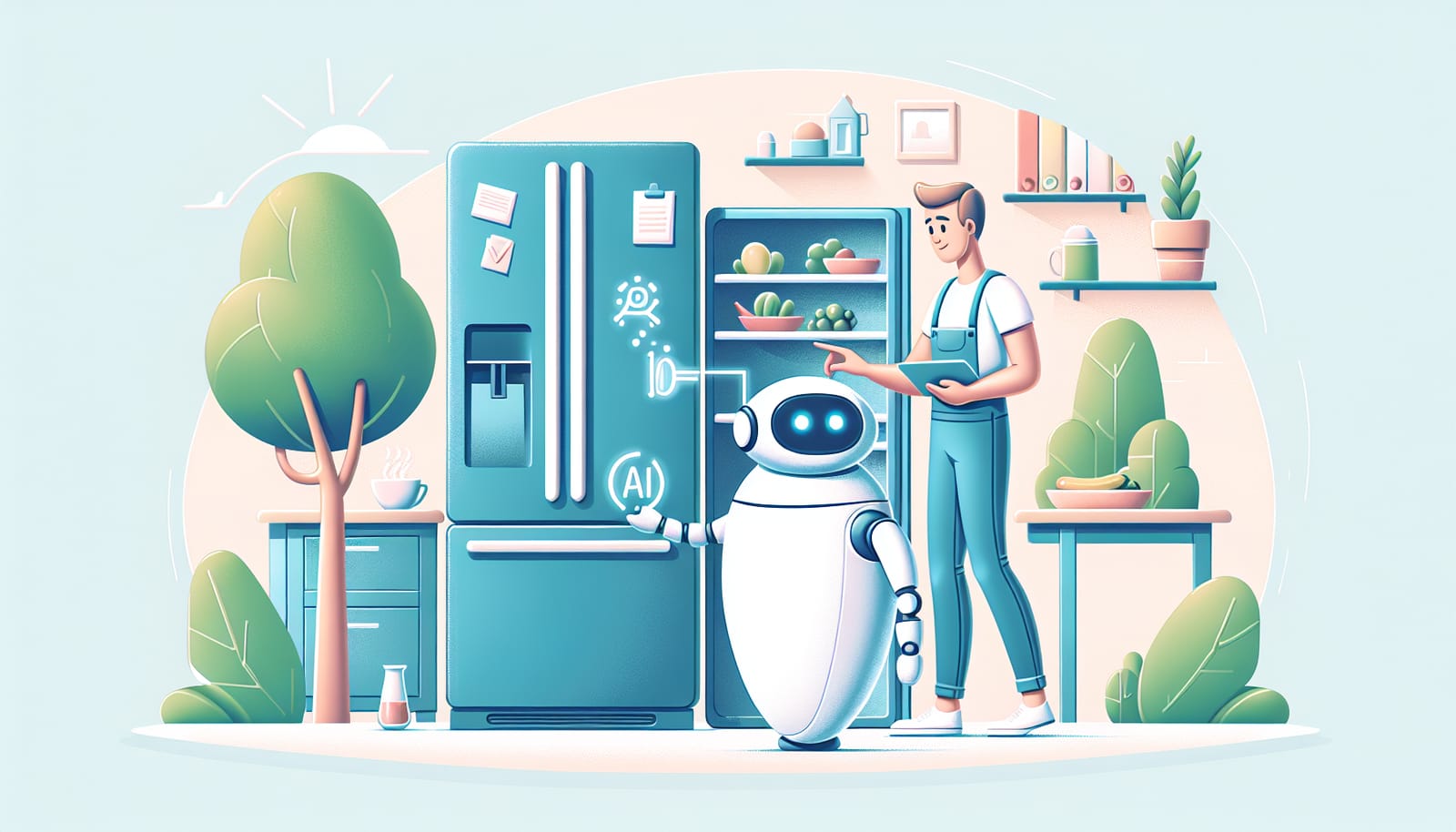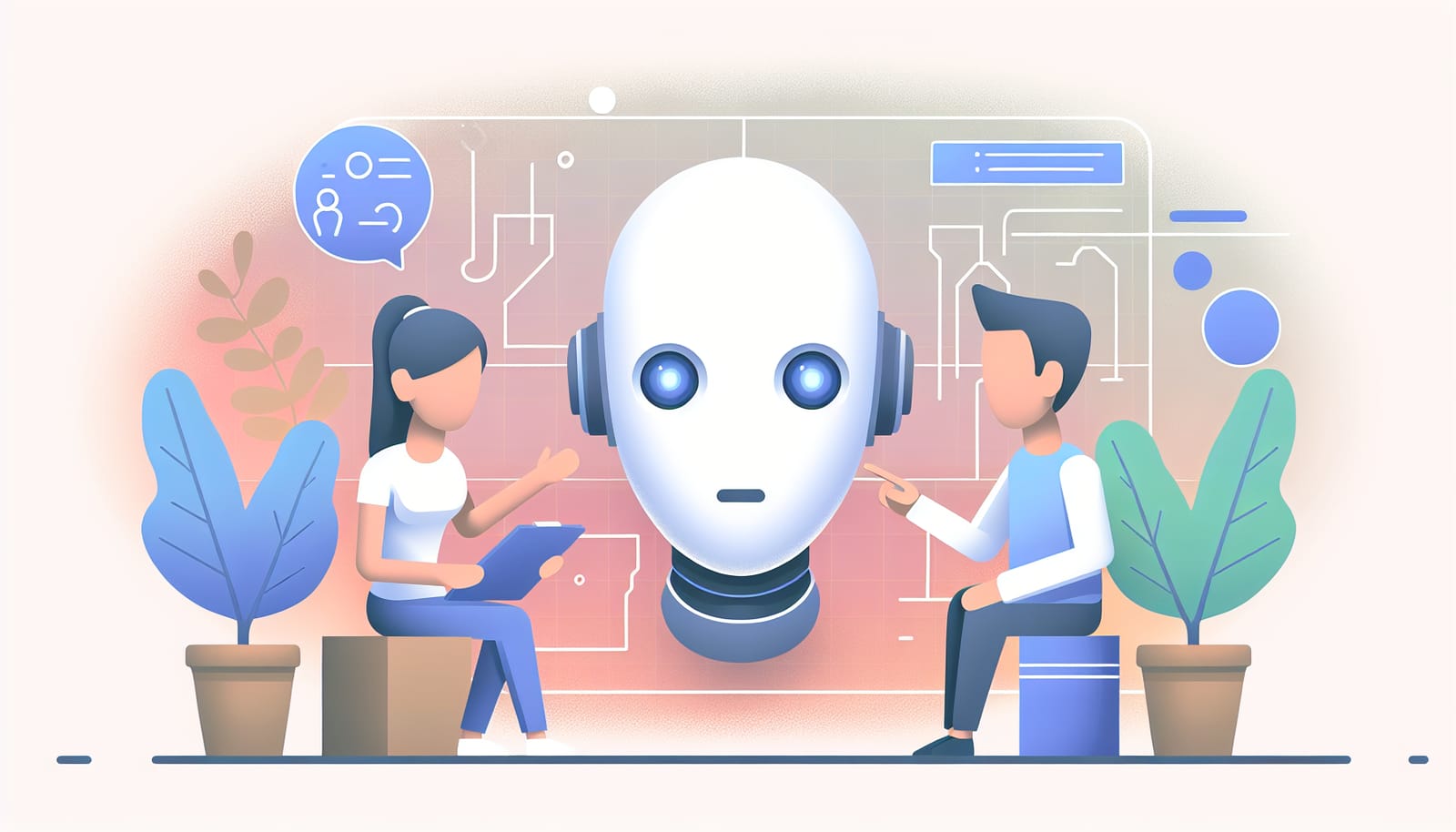Artificial Intelligence, or AI, is a hot topic these days. From chatbots that can hold conversations to algorithms that can create art, many people wonder if AI can truly invent new ideas. In this article, we will explore why AI doesn’t invent ideas in the same way humans do. We will discuss creativity, inspiration, and the importance of human touch, all while debunking common myths about AI. By the end, you’ll have a clearer understanding of what AI can and cannot do, and perhaps you'll be inspired to explore the world of creativity and technology.
What is AI, Anyway?
Before we dive into why AI doesn’t invent ideas, let’s understand what AI actually is. AI refers to computer systems designed to perform tasks that typically require human intelligence. These tasks can include reasoning, problem-solving, language understanding, and even some creative processes. What’s important to note is that AI operates based on patterns in data it has been trained on.
Imagine teaching a child how to recognize animals by showing them pictures of cats and dogs. Over time, the child learns to identify these animals based on their features. This is similar to how AI learns. It analyzes vast amounts of data to recognize patterns and make predictions, but it doesn’t understand the world in the same way we do.
The Nature of Creativity
Creativity is often seen as a magical human trait. It’s the ability to connect seemingly unrelated ideas, dream up new concepts, and express emotions through various forms of art. When we think of creativity, we often think of artists, writers, and inventors who bring something new into the world. But what fuels creativity?
Human creativity is influenced by our experiences, emotions, and the world around us. We draw inspiration from life events, personal challenges, and the people we meet. This rich tapestry of experiences is what allows us to create something truly original.
AI, on the other hand, lacks personal experiences and emotions. It doesn’t dream, feel, or have a unique perspective on life. Instead, it generates results based on existing data. While it can mimic creativity by remixing or combining ideas, it cannot create truly original concepts that stem from personal experience or emotional insight.
AI as a Tool, Not a Creator
Think of AI as a powerful tool rather than a creator. Just like a paintbrush helps an artist create a beautiful painting, AI can assist in generating ideas or content. It can analyze trends, suggest designs, or even compose music, but it does so based on existing data and patterns.
For instance, if you were to ask an AI to generate a story, it would pull from countless examples of existing stories and piece together elements to create something new. However, this "new" story is often a collage of pre-existing ideas rather than a fresh concept born from deep understanding or inspiration.
The Limits of AI in Originality
One of the biggest myths about AI is that it can think like a human. While AI can perform impressive calculations, analyze data at lightning speed, and even simulate conversations, its understanding is fundamentally different from human thought.
AI lacks consciousness, which means it cannot form opinions, have beliefs, or experience emotions. For example, if an AI-generated poem moves you to tears, it doesn’t understand why; it simply generated words based on patterns it has learned. This limitation ensures that AI cannot achieve true originality or creativity as we understand it.
Why Human Touch Matters
The role of the human touch in creativity cannot be overstated. When we create, we often put a piece of ourselves into our work. This personal connection is what resonates with others and gives art its depth and meaning.
Consider a musician writing a song about heartbreak. That musician draws from personal experiences, emotions, and reflections of their life. This authenticity is what connects with listeners on a profound level. While AI can generate melodies or lyrics, it cannot infuse them with genuine emotion because it lacks personal experiences.
This is why collaborations between humans and AI can be fascinating. An artist might use AI to generate ideas, but it’s their personal touch that transforms those ideas into something meaningful. The collaboration can lead to exciting innovations, but the originality and depth come from the human behind the work.
The Future of AI and Creativity
As technology continues to evolve, so too will the capabilities of AI. It’s likely that we’ll see even more sophisticated AI tools that can assist in creative processes. However, it’s important to recognize that these tools are here to enhance human creativity, not replace it.
In the future, we might see more artists, writers, and creators using AI as a partner in their creative endeavors. Imagine a filmmaker who uses AI to generate storyboards or a graphic designer who uses AI to create unique patterns. In these cases, AI serves as a helpful assistant, offering suggestions and inspiration, while the final creative decisions remain in the hands of the human artist.
Conclusion: Embracing AI as a Creative Partner
In conclusion, while AI is an incredible technological advancement, it does not invent ideas in the same way humans do. Creativity is a deeply human trait influenced by personal experiences, emotions, and unique perspectives. AI can assist and enhance the creative process, but it cannot replace the originality that comes from the human experience.
As we move forward in a world increasingly influenced by AI, let’s embrace these tools as partners in creativity. By combining the strengths of AI with the depth of human emotion and experience, we can unlock new possibilities and explore uncharted territories in art, literature, music, and beyond.
So, the next time you think about AI and creativity, remember: it’s not about the end of originality, but rather the beginning of a new collaborative journey between humans and machines. Together, we can create art that resonates, inspires, and connects us all.


